Blogs
About Horace Greeley
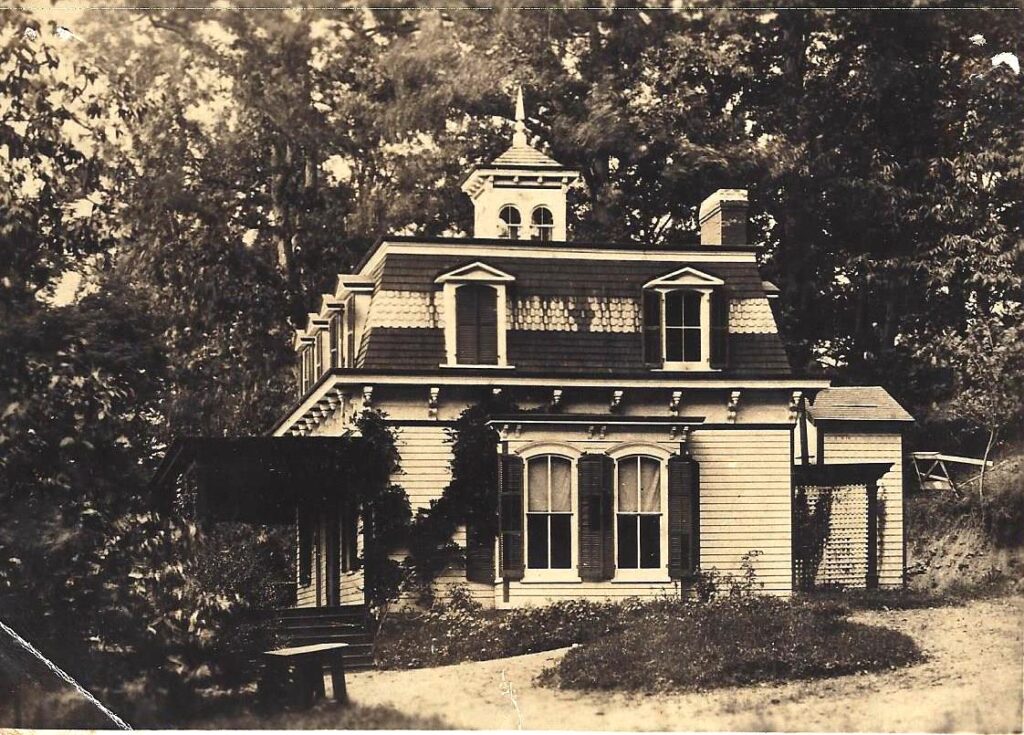
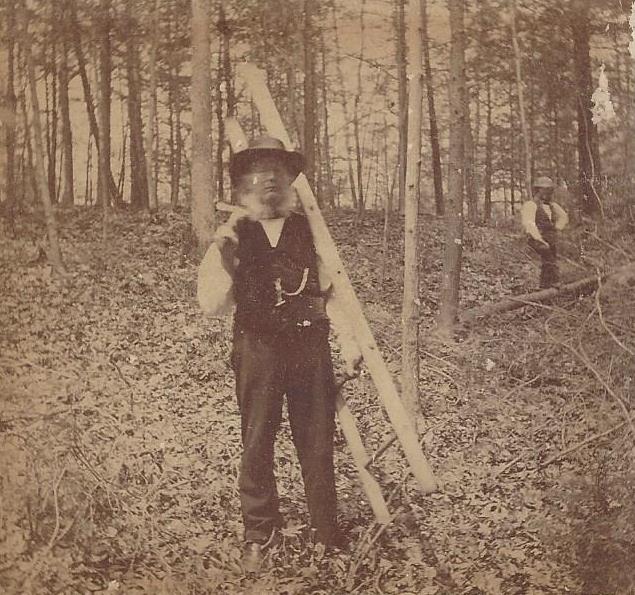
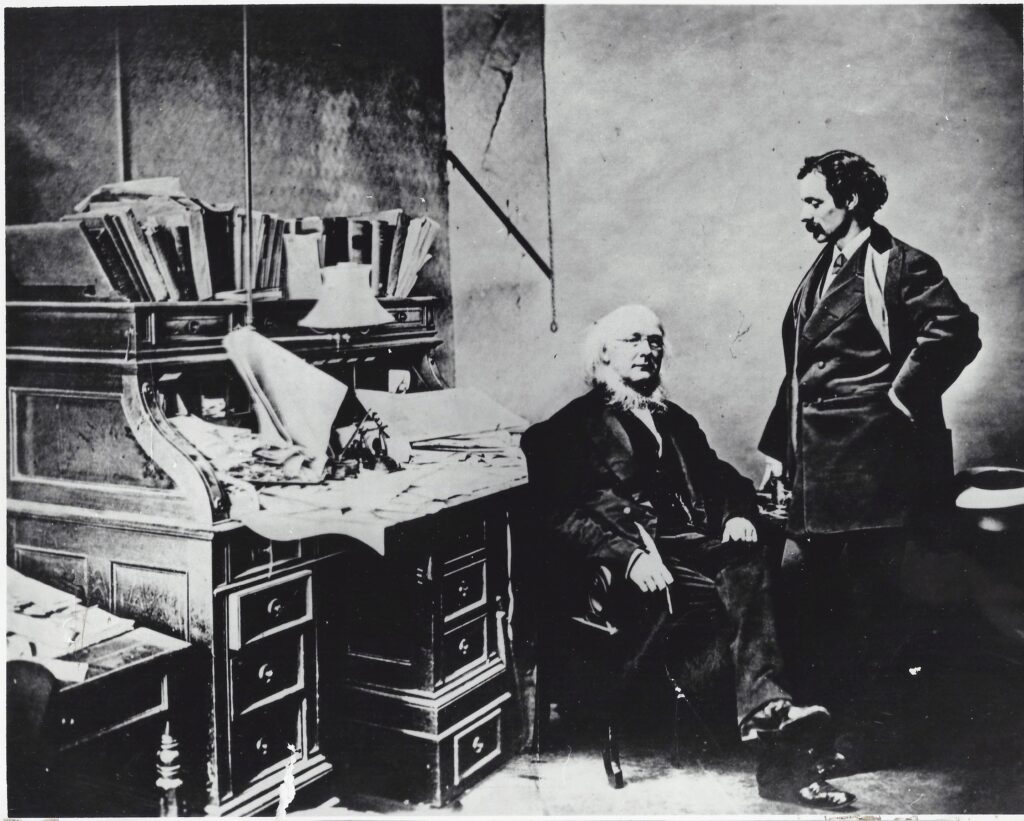
Horace Greeley was the founder and editor of the New York Tribune, probably the nation’s most influential newspaper in an era when most journals were either political “organs” or scandal sheets. Known familiarly as “Old Honesty,” Greeley was respected and trusted by readers who knew that he would always say exactly what he thought. He was also noted for the progressive causes he championed, such as women’s rights, labor unions, and opposition to slavery.
Opposition to slavery was undoubtedly the most important cause that Greeley embraced. Like most Americans in the North, he was at first willing to compromise on the issue, allowing slavery to continue where it was already legal, but opposing its further extension. He became a founder of the Republican Party and was decisively influential in the nomination and election of Lincoln. During the Civil War, like Lincoln, he came to accept that the restoration of the Union required complete abolition, and following the Union victory he strongly supported the passage of the 13th, 14th, and 15th Amendments to the Constitution.
In 1872, a breakaway faction of the Republican Party, the Liberal Republicans, selected Greeley as their candidate to oppose the reelection of President Grant, whose administration had been tainted by repeated scandals. The Democratic Party chose Greeley as well. But this coalition failed to win majority support, and Greeley was defeated in all but six states.
The end of the campaign was marked by a triple personal tragedy for Greeley. First, his wife, Mary, died a week before the election, following several years of chronic illness. Second, he suffered the humiliation of the decisive defeat in the election, although he was deeply relieved that the bitterly personal campaign was over. Third, and most crucially, he discovered when he returned to work at the Tribune that he had sold so many of its shares that he was no longer in control. He collapsed, mentally and physically, and died on November 29, at the age of 61.
Horace Greeley is the most famous person who ever lived in New Castle.
In 1852, he started assembling his 78-acre property near the then-new village of Chappaqua, which had grown up since the establishment of the railroad station stop in 1846. There his family spent summers, and he himself attended whenever his busy schedule allowed.
He devoted much time and effort in restoring the marginal farmland to productivity, and participated generously in community affairs.
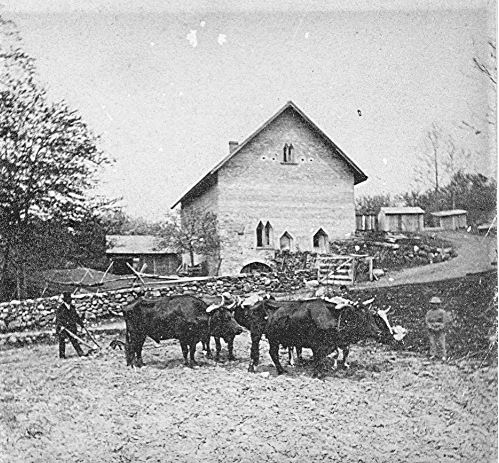
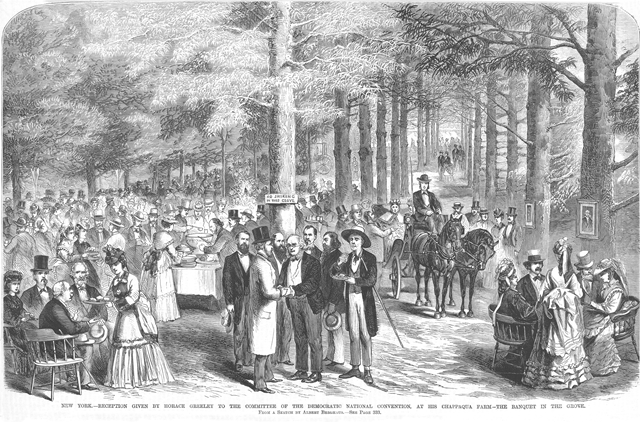
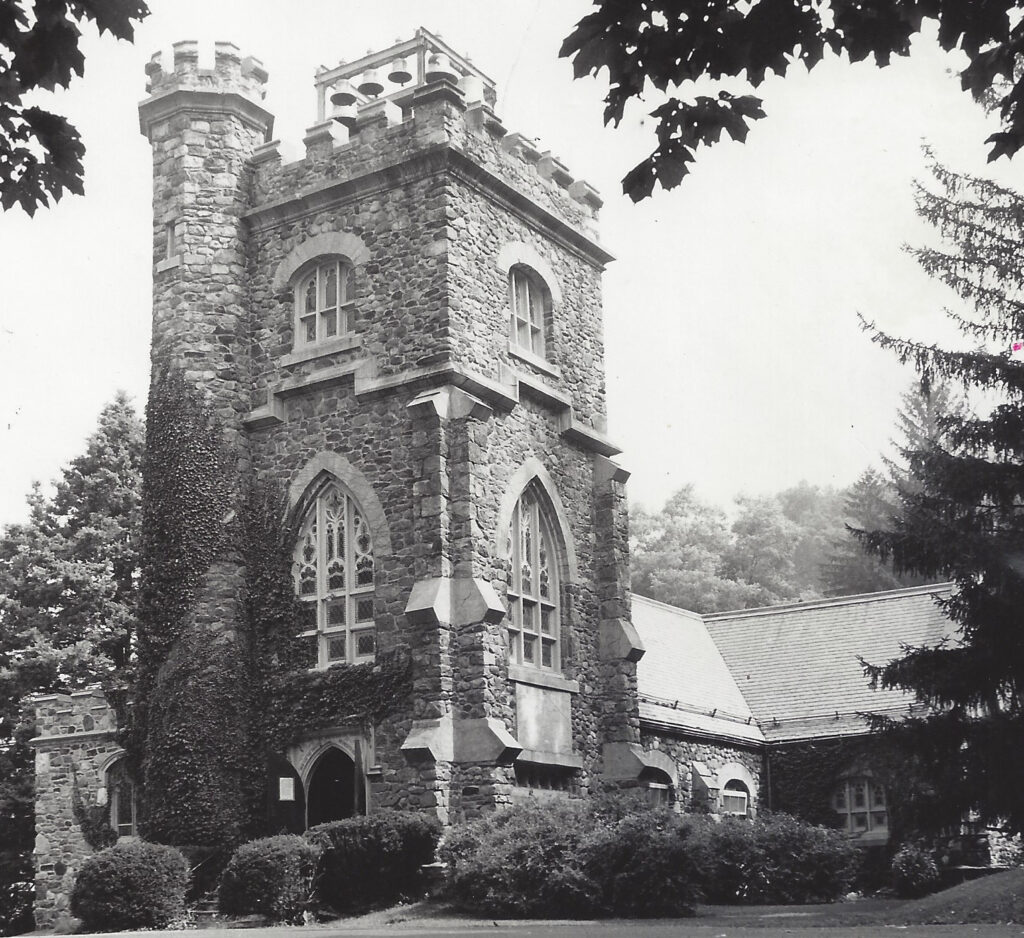
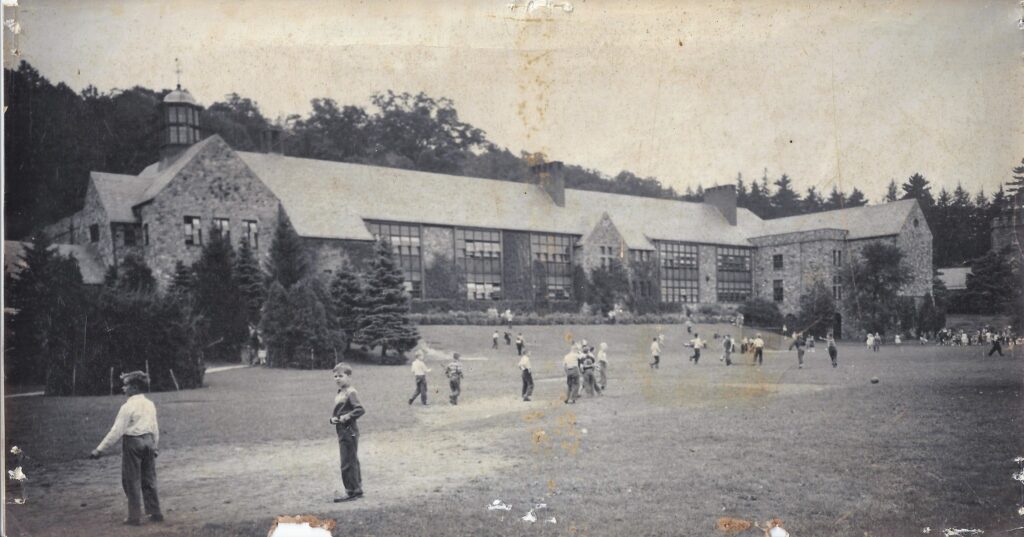
It was his last surviving daughter, Gabrielle, who made the farm her permanent home and whose generosity had the most lasting impact on the community. With her husband, the Reverend Dr. Frank M. Clendenin, she gave the land for the present railroad station, built the Episcopal Church of St. Mary the Virgin, and provided the site for the Horace Greeley School (now the Robert E. Bell Middle School). Additionally, New Castle Town Hall, Chappaqua Library, New Castle Community Center, and Temple Beth-El are all on former Greeley land.
INFO
Shipping & Returns
Financial Disclosures
The New Castle Historical Society follows all current CDC protocols.
The Museum and grounds are handicapped accessible.
LOCATION
HOURS
Tuesday, Wednesday, Thursday from 11 am – 3 pm.
Or by appointment: president@newcastlehs.org
laws of the State of New York. All donations made directly to New Castle Historical Society are tax-deductible to the extent allowed by law.
©2025 New Castle Historical Society | All Rights Reserved Privacy Policy


